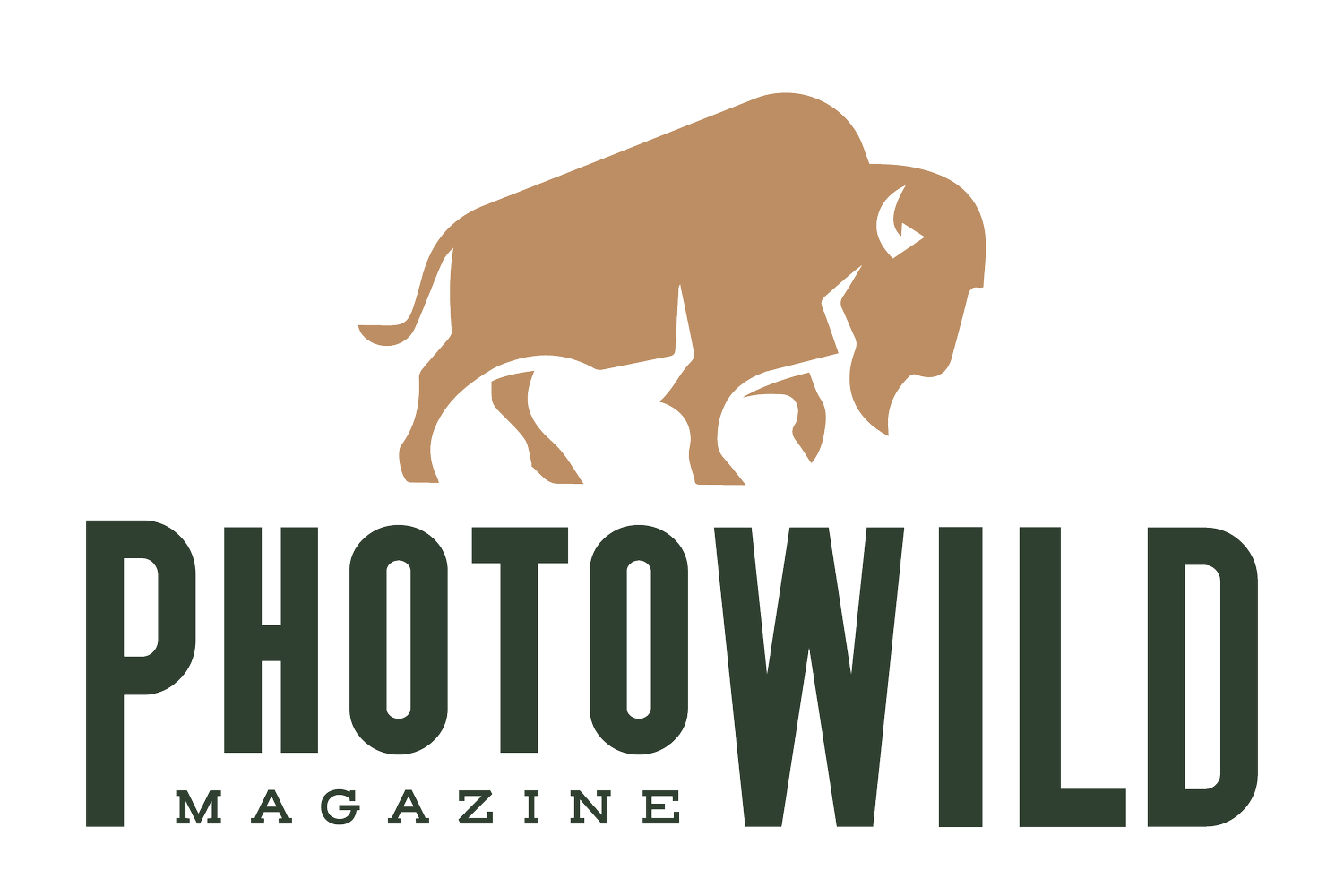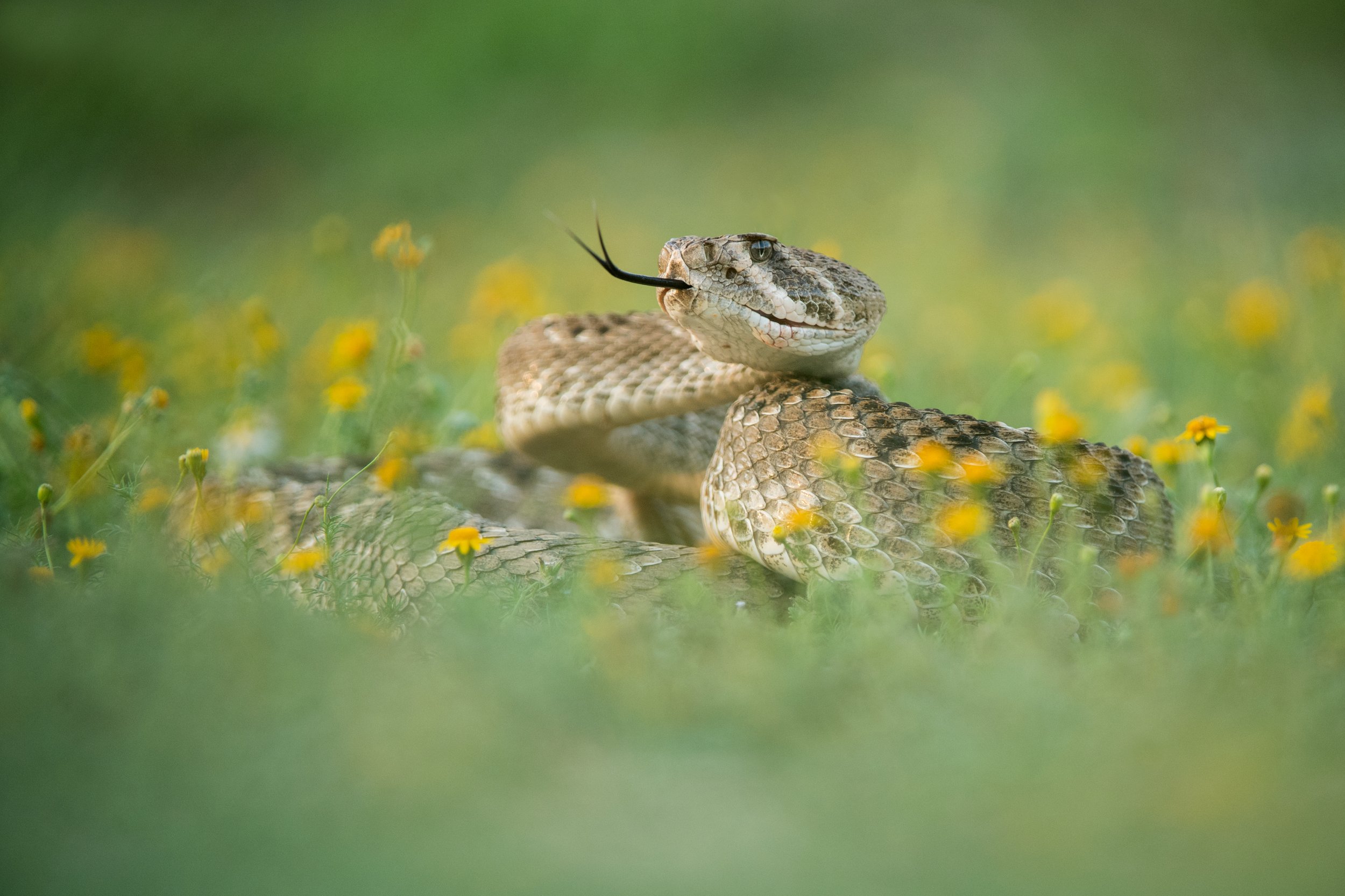Looking for a particular topic? Try using the search bar below.
Weather’s Impact on Wildlife
Winter is here and with comes some of the best wildlife photography of the year, if only we know how animals respond to the changes in the air. We are working on something new here at PhotoWILD Magazine and Podcast, and excited to share a sneak peak inside!
Dispatch from Panama II: Gamboa
Geoffroy’s tamarins, four species of kingfishers, toucans, iguanas, and snail kites galore, the second half of our trip spent several days with some truly spectacular wildlife photography opportunities in the interior of Panama.
Trip Report: Wildlife of Panama I
Dispatchers from Panama. This years’ Wildlife of Panama workshop was a success. From shining honeycreepers to red-billed tropicbirds, white-faced capuchin monkeys to strawberry poison dart frogs, the first leg of the trip was concentrated along the Caribbean islands of Panama’s north coast where the landscape is dripping with biological diversity.
Rules Are Meant to be Broken
So-called rules in photography are there only as guidelines to help us find our way along the path of learning. As our wildlife photography matures, we find that these rules and traditions only serve to create millions of images that are nearly identical. Learning how and when to break the rules of photography opens up an entire universe of new possibilities.
Mastering fog, once and for all
Photographing wildlife in fog can be one of the most challenging situation we come across in the field. But understanding the nature of fog and what it is necessary to overcome those challenges offers wildlife photographers unparalleled opportunities to create something magical.
Embrace the Suck
As wildlife photographers, every day in the field presents its own grocery list of challenges for us to overcome. All too often, we find ourselves shying away from these challenges, opting instead for the easy low hanging fruit. But it's only when we embrace these challenges, when we embrace the suck, that we find ourselves being forced out of our tired and well worn ruts and begin to grow as artists and photographers.
Of Bears and Oaks: Finding black bears this Fall
Wherever there are oak trees, there are usually bears. Across the eastern deciduous forests of North America, black bears have a deep connection with these trees. However, to a black bear, not all oak species are created equally. If you want to find and photograph black bears across the eastern half of North America this fall, then understanding black bears association with these trees will set you up for success.
Chasing the Rut
If you like to photograph large charismatic mammals, then this series is designed to help you prepare for one of the most spectacular times of the year for wildlife photographers all across the Northern Hemisphere.
All Things Connected: The nature of black bears
It's when we are not photographing that we actually learn something. Everywhere black bears live, they have some sort of association with a particular species of tree. Understanding this will significantly improve your ability to find and photograph these amazing animals.
The Importance of Smell: Lessons from a bear.
A bear's sense of smell is unmatched by any other animal in the world. Everything about their biology is fine tuned for this superpower. As wildlife photographers, understanding the importance of smell for other animals can make or break our ability to fill memory cards. If you want to be able to step into nature and find and photograph animals, especially mammals on their terms, then it's time to understand the importance of smell.
The Most Beautiful Bird in the World
Working from blinds or hides is often a crucial component to wildlife photography, especially when photographing sensitive situations like this resplendent quetzal’s nesting cavity.
Wilderness Medicine for Wildlife Photographers: Snake Bites
What to do if you are bitten by a venomous snake. Staying safe while in the field, knowing what to do when the you-know-what hits the fan, is as much a part of being a wildlife photographer as is owning a telephoto lens.












